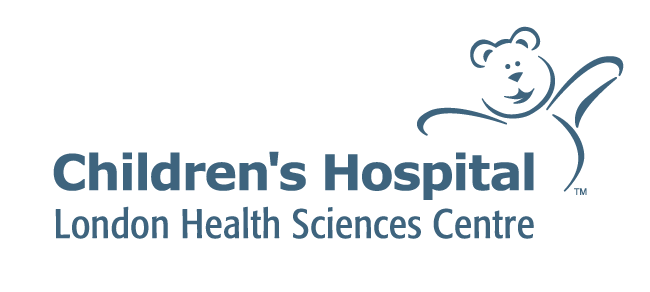Many families with children who are living with epilepsy can struggle to make treatment decisions. Families of children with drug resistant epilepsy may face even more difficult decisions regarding the diagnosis and treatment of their child. These decisions include; surgery, dietary therapies and other stronger treatment options for epilepsies that are difficult to control with first line medications. Our Decision Coach can offer support to families with any of these types of health decisions. The coach does not make the decision for the family; their role is as a facilitator and a knowledge broker. The Decision Coach facilitates patient/family understanding of the evidence, supports a gain in knowledge, clarifies options, and assists families in evaluating the benefits, risks and harms. All which are integral to making challenging medical decisions. The Decision Coach’s role prepares families to discuss their preferences with their paediatric epileptologist and the health care team in the decision making process.
Here is how it works:
- The problem is defined by the family, epileptologist and CEC team.
- Decision options are presented by the epileptologist and/or CEC team to the family.
- The benefits, risks and harms are discussed.
- Family books an appointment with the Decision Coach.
- Together, they review the options, risks, harms, side effects and the relative value of those effects.
- The family’s ability to follow through with the plan is discussed.
- The family will decide on a course of action or may choose to defer.
- The family will follow up with the CEC team to discuss their preferred course of action
- The Decision Coach is available to you upon request.
Please visit out Shared Decision Making site for more information




